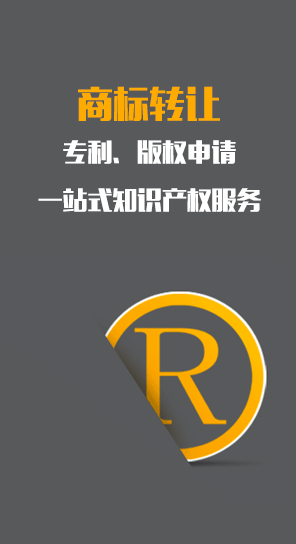because the transferring place is ship’s rail, the terms are only applicable for shipping, more specifically, non-container shipping. in container transportation, cargoes are usually delivered from shipper to carrier at the container yard, and being supervised by the carrier thereafter. the risk of losing cargo is not in control of the shipper any more during the time when the cargo is transported from the container yard to the ship’s rail.
in the circumstances that the goods are transported by air or road, there is no ship’s rail involved, the boundary of risk transfer can not be ascertained if fob or cif is still applied. this, accordingly, is of no good to both the seller and the buyer.
actually, there are also two other terms which are convenient to use in international trade---fca and cip. the content stipulated in these two terms are most likely the same with fob and cif, except that the time of risk transfer is started from when the goods are delivered to the carrier. this rule of risk transfer makes the two terms are applicable in all ways of transportation, including shipping.
contact no. of this lawyer:13910185386
以上就是小编为您带来的“How,to,avoid,the,risks,in,international,trade(2),choose,the,right,trade,terms”全部内容,更多内容敬请关注律咖网!
版权声明:本文内容整理自互联网,如果本公司侵犯了您的权利,请及时与我们联系。










